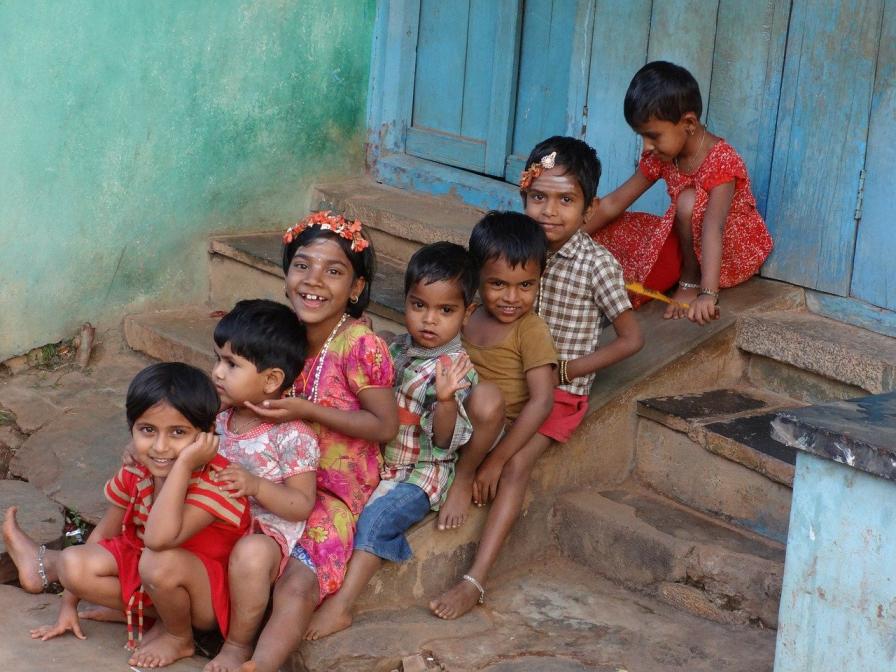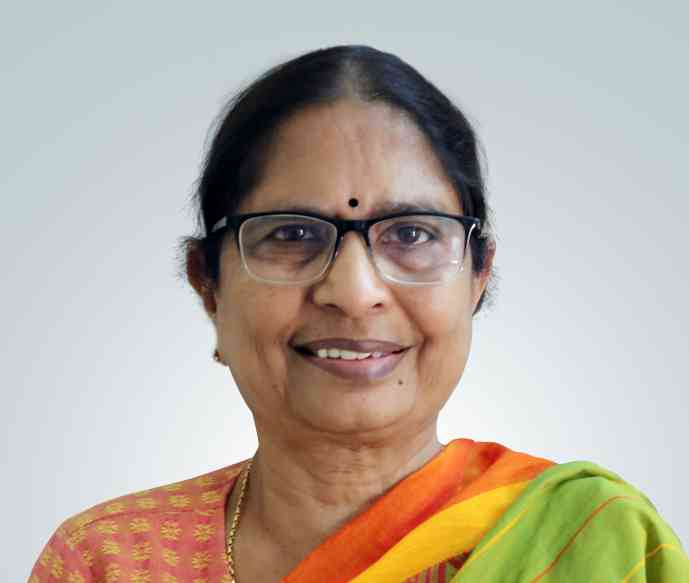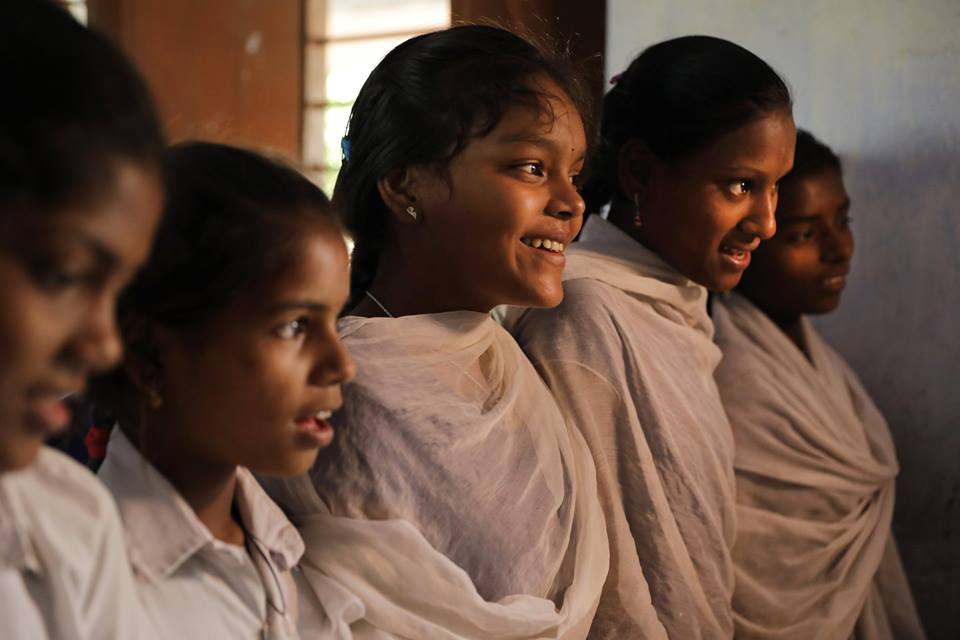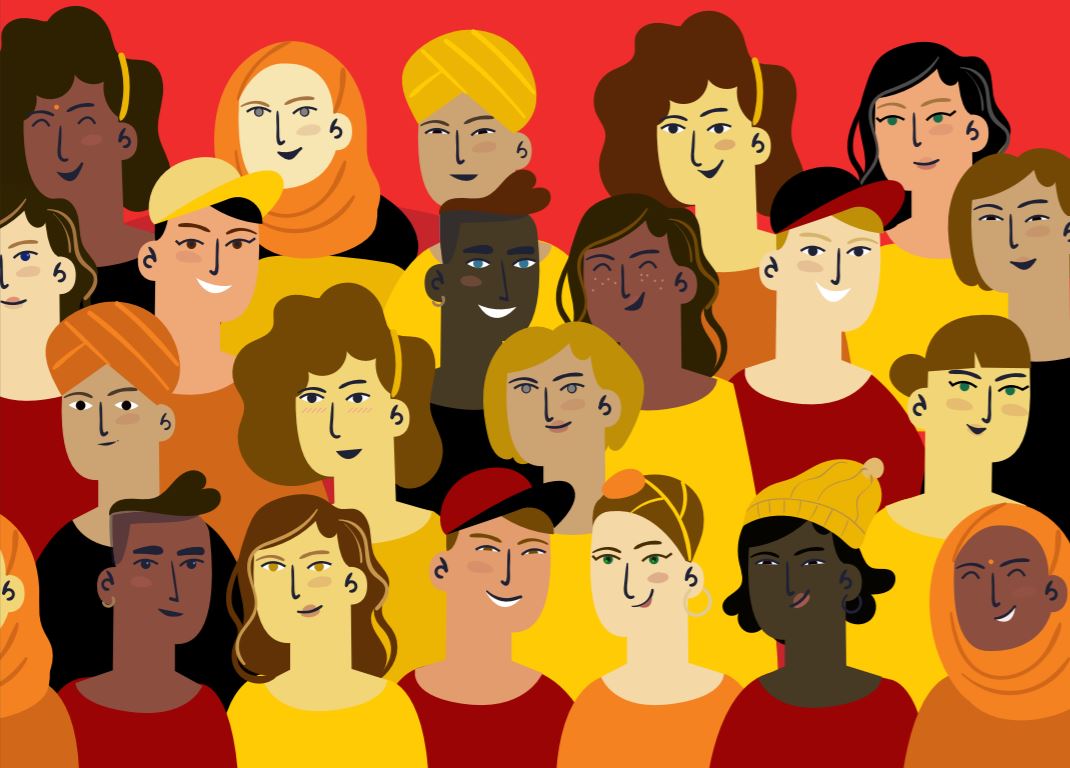Recently, I read a story about a 12-year-old Adivasi girl from Chhattisgarh. She was working in the chilli fields of Telangana, and died after walking for three days with other labourers, desperately trying to return home. This is but one of the tragic stories we are hearing and reading about as the COVID-19 pandemic and resultant lockdown continues across the country.
The lack of voice, the sense of despair, the lack of institutional support, especially when it comes to what is happening to our children—there is no vocabulary for this kind of a situation. Is this a humanitarian crisis, or a moral crisis? What we do know is that we have failed our children today.
The situation in homes is one of gloom
The onset of the lockdown has coincided with summer vacations for most school going children. During this time, they would have anyway been at home for most of the day, since summers are very hot across the country. At times, they might have gone for a swim, or walked around with friends. Many would not usually go hungry, because their parents would have been working and there would have been an income, and hence, food.

It is different now. Though children are spending more time with their parents at home, there is a sense of gloom in many families. Being out of school and at home in conditions of insecurity, with no reserves of food, is likely to affect them badly.
Related article: IDR Interviews | Shantha Sinha
This is going to worsen the learning crisis in the country
Getting children back to school is going to be a problem after COVID-19. Children who are hungry, who come from homes that have been denied dignity, won’t be in the mood to go back to school. The system doesn’t have the capacity currently to teach children who are hungry and unwilling to go back.
The Draft National Education Policy talks about a learning crisis in the country. This is going to worsen, and become a crisis of the entire education system, post-COVID-19, if we don’t pay attention. Because the lacuna is in the system that doesn’t respect the poor, the first-generation learner, the Dalit, the Adivasi, the children who come without proper clothes or a bath. We have to create an atmosphere which will encourage these children to go back to school.
If the system learns to respect these children, how to teach and work with them, they will look forward to going back to schools, and then they will learn.


Our children are informed by a sense of justice—they want to change reality for themselves and for other children. | Picture courtesy: Pixabay
We need to strengthen our child protection institutions
There is a large and well-structured edifice comprising systems and institutions that make up the juvenile justice system in our country. We have the District Child Protection Unit (DCPU), the village-level Child Protection Committees, and other entities that are designed to take care of children who are in need of care and protection.
However, they are severely underfunded. The government must trust them, invest in them, and allocate large sums of money to them so as to ensure that abandoned and vulnerable children are reached out to. There is little point of having a welfare committee or a child helpline when there is no funding or money to operate. At present, we have only INR 1,500 crore for the protection of 472 million children in the country.
Despite this lack of funds and attention from governments, the entities are working well; however, this is primarily due to the commitment of the people in these institutions, the authority they exercise through the Juvenile Justice (Care and Protection of Children) Act, 2015, and their efforts to stretch and reach out to children. The lack of funds though, shows just how little we put children at the centre. We don’t care enough.
The worst affected are urban poor children
There is a gap in the information around urban street children. While we know what’s happening in the shelter homes run by us, Rainbow Homes, and others, there is no information on what is happening to the numerous homeless street children. There are a few in the temporary shelters created by the state, but there isn’t much other information.
People have a tendency to glorify street children’s independence and their self-esteem, and the fact that they don’t seek help. But this attitude harms the children themselves. Every child must be able to live so that they realise their fullest potential. And children can’t do that if they don’t get help—they need support, education, and capacity.
While there has been a fair amount of attention on adult migrant labour, we have seen absolutely no resource, policy, government directive, or debate on migrant child labour.
We’ve seen children who enter shelter homes stating that they are fine and can manage. But without helping them to build their own capacity, these children grow up vulnerable, and become adults who don’t have the skills to deal with society’s complexities, and are at the receiving end of police atrocities and other problems. There is limited use to self-esteem when children have no capacity to enjoy equal rights as citizens of this country.
The worst affected though are migrant child labour across Hyderabad, Jaipur, and Mumbai who’ve been working in hotels, sweatshops, dhabas, and factories. They have just been abandoned. Their employers have left them behind and gone off to their homes and villages, and there is no place for these children to go. In some cases, there are 50-60 children staying in a dungeon-like place—at their workplace, because they live and work in the same place. They have no food and no way to get back home. They have become totally invisible to the state and the people at large. They are stuck for no fault of theirs. And there are no reports of rescue or policy decisions.
And while there has been a fair amount of attention on adult migrant labour, we have seen absolutely no resource, policy, government directive, or debate on migrant child labour, many of who have gone as trafficked child labour.
It is worrying that we haven’t raised the debate on these children at the national-level.
We need to create compassionate systems
There is a lack of sensitivity and knowledge about the poor among the middle class in our country. We have an indifferent and condescending attitude, and believe that they are poor because they haven’t worked hard enough, like we have. These are deeply entrenched attitudes and we are not as democratic as we think we are.
No one is going to invite the poor to play a role in democracies—they will have to fight.
A democracy is not just about voting every five years; it’s about equality, social justice, and inclusion, and if we don’t understand this, then we are perpetuating an anti-democratic culture in the country. We will only be able to change this through popular movements and uprisings. The middle class is socialised to believe that we are doing people a favour; hence there has to be a democratisation of politics where the poor capture spaces. No one is going to invite the poor to play a role in democracies—they will have to fight.
And in those struggles we will have to become the support structure, so that they win the battles for health, education, and representation. We shouldn’t play any leadership role—they must have the agency—we must merely support the leadership that emerges in an organic process and see that those battles are successful.
We must put pressure on governments
The crisis has brought different types of nonprofits to work together. Regardless of what their fields of work are—health, education, children—they have all come together to work on hunger and starvation. They are jumping orbits, sharing experiences, discussing, coming together, and joining forces.
While this is a good thing, we must also put pressure on governments to do their part, without us getting frustrated. We must learn to say the same things a thousand times over, till the governments respond to the needs of the marginalised and vulnerable. They might not listen, but then we have to say it again and again, and maybe use different channels of communications, so that governments put children at the centre of what they do.
Related article: Forgotten children
It is time to take concrete action to strengthen child rights
In order to ensure that the rights of children are protected and enforced, here are five things that we can encourage and support the governments to focus on.
- Strengthen the institutions that make up the juvenile justice system: Every institution meant for children must be trusted and given the funds required to reach out to the most vulnerable child.
- Decentralise authority: We must trust our gram panchayats and fund them to take decisions. Every gram panchayat has the ability to track every child, through school attendance registers. Since the government claims that we have 98 percent enrolment, the names of all the children in the village should be in these registers. The panchayats must go through it, see if any children are missing in the village, and then use their resources to get every child back.
- Get migrant children back home: Every attempt should be made to track and get migrant child labour back. There are established protocols to do this and we must do this with a sense of urgency.
- Strengthen helplines: It is not enough to just register the calls that Childline or other helplines receive. We must build their capacity and provide them funding to respond to more people. We must also publicise these helplines more, and in different ways, so that more children use them.
- Build awareness: Children must be made aware of the support structures that exist for them so that they can use them. We must look at different channels in which we can send them messages, so that they learn about these structures and avail of them.
Our children are informed by a sense of justice—they want to change reality for themselves and for other children. They want to make things right. They have not lost their sense of justice and this is what we must learn from them.
This article emerged from a webinar series, On the Front Lines, co-curated by egomonk and Rishabh Lalani. You can watch all recorded sessions from the series here.
—
Know more
- Read this story about how school students from distressed families are having to go out and work, despite the lockdown.
- Understand the implications of the lockdown on migrant worker’s children.
- Dip into this policy brief from the United Nations for a deeper understanding of how the COVID-19 crisis will impact children.




